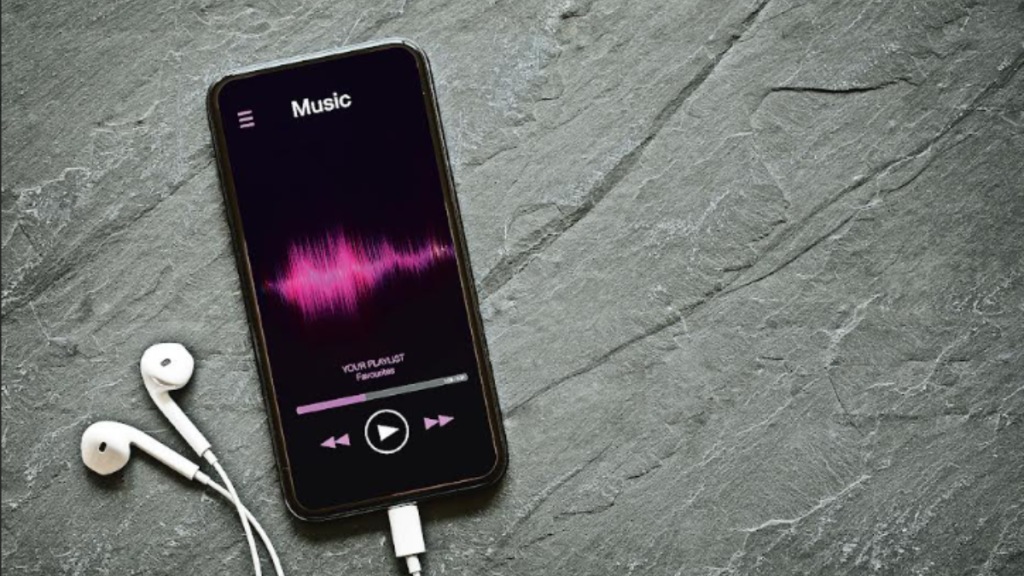By Gaurav Dagaonkar
In today’s modern age of digital storytelling, music is a powerful element that helps create emotional connections between people and brands. Whether it’s a corporate reel, campaign clip, product demonstration, or any marketing material, the correct soundtrack can drive engagement and enhance impact. With over 200 million daily content creators, a silent legal minefield exists – the misuse of freely streamed music in branded content. A long-standing myth endures: if you can stream it for free, you can use it for free. This misconception is particularly prevalent in high content and price sensitive markets such as India. Free streaming services deliver music for private usage—i.e., for individual streaming and consumption and not for commercial purposes. However, due to the lack of awareness, most creators and brands misinterpret that freely streamed music can be utilised in influencer content or brand campaigns without attracting any legal action. The fact is there are laws and guidelines that govern the use of music in branded and commercial content. Embedding music in commercial content necessitates legal clearance for music synchronisation or public performance.
Streaming services and social media sites have user agreements explicitly limiting the reproduction, synchronisation, or redistribution of music for branded or promotional use. It is essential that creators and brands alike realise that commercial use must be licensed properly.
Let’s be crystal clear: this isn’t a gray area; it’s outright copyright infringement. The staggering 1.5 billion Content ID claims YouTube issued in 2023, overwhelmingly due to unauthorised background music, underscore this. And with detection becoming increasingly sophisticated, enforcement is intensifying. A growing number of marketers and influencers are facing the harsh realities of monetisation freezes, legal takedowns, and significant reputational damage. The financial repercussions can be massive, ranging from Rs 20 lakhs to Rs 5 crores and beyond.
The Indian Music Industry (IMI) estimates that this rampant piracy bleeds the industry of a staggering Rs 3,500 crore annually. Globally, the commercial success of licensed music generated over €500 million in synchronisation royalties in 2023 alone. By illegally using music, brands are directly depriving artists and composers of their rightful earnings. This is particularly damaging in India, where the majority of artists (over 85%) are not part of royalty-collecting agencies and depend heavily on licensing revenue. Every instance of unauthorised use hits an artist’s income.
Ethical content creation is non-negotiable, starting with respecting artistic ownership. Choosing ethical practices isn’t just moral high ground—it’s smart business that cultivates trust, builds lasting credibility, and drives greater brand value.
The author is co-founder & CEO, Hoopr

